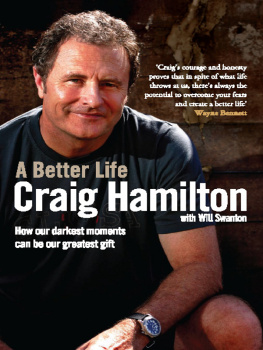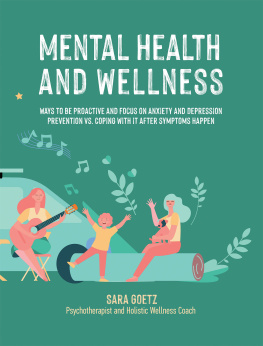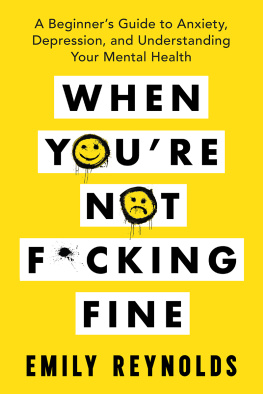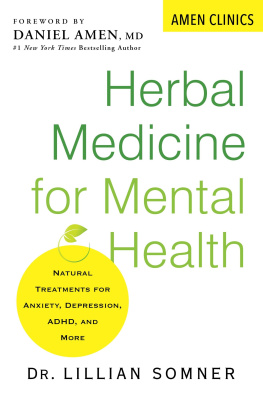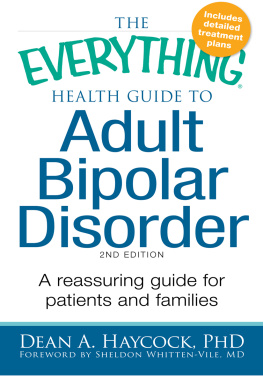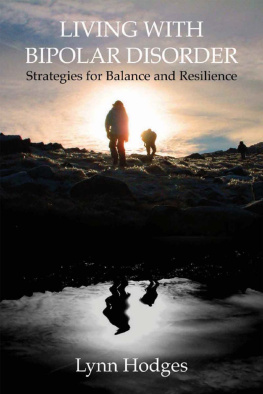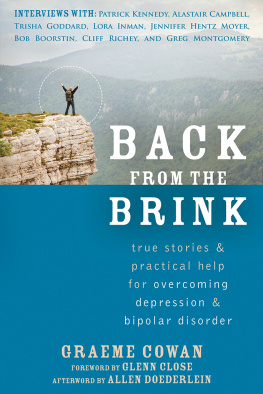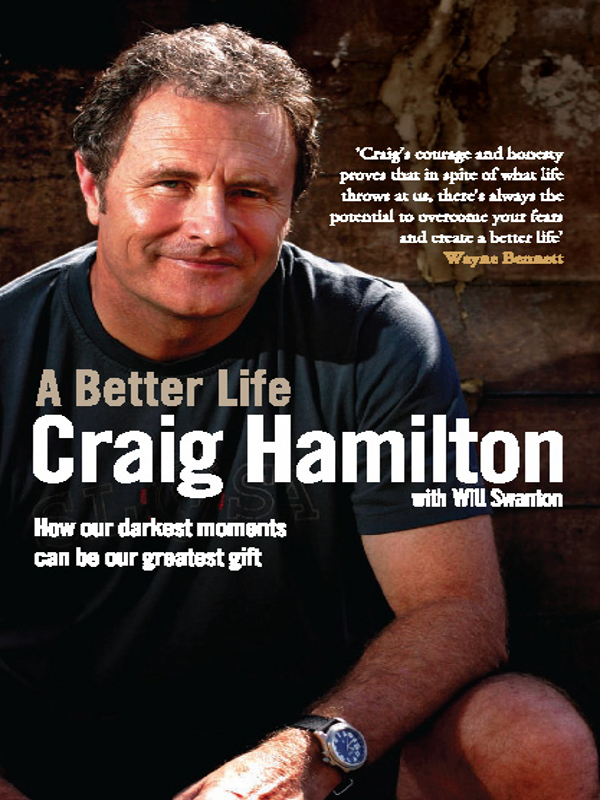
A Better Life
A Better Life
How our darkest moments can be our greatest gift

CRAIG HAMILTON
with Will Swanton

First published in Australia in 2012
Copyright Craig Hamilton and Will Swanton 2012
All rights reserved. No part of this book may be reproduced or transmitted in any form or by any means, electronic or mechanical, including photocopying, recording or by any information storage and retrieval system, without prior permission in writing from the publisher. The Australian Copyright Act 1968 (the Act) allows a maximum of one chapter or 10 per cent of this book, whichever is the greater, to be photocopied by any educational institution for its educational purposes provided that the educational institution (or body that administers it) has given a remuneration notice to Copyright Agency Limited (CAL) under the Act.
Inspired Living, an imprint of
Allen & Unwin
Sydney, Melbourne, Auckland, London
83 Alexander Street
Crows Nest NSW 2065
Australia
Phone: (61 2) 8425 0100
Fax: (61 2) 9906 2218
Email: info@allenandunwin.com
Web: www.allenandunwin.com
Cataloguing-in-Publication details are available from the National Library of Australia
www.trove.nla.gov.au
ISBN 978 1 74237 973 9
Typeset in 12/16 pt Bembo by Midland Typesetters, Australia
Printed and bound in Australia by Griffin Press
10 9 8 7 6 5 4 3 2 1

For Louise, who did not lose faith in me when I almost lost faith
in myself. Your love, guidance and support lifted me up
and enabled me to see the light again.
Contents
Professor Patrick McGorry
Barry Smith
If you want to make God laugh, tell him your plans.
Woody Allen
Mental ill health in Australia has been increasingly recognised by ordinary Australians as the greatest contributor to human suffering, unfulfilled promise and loss of economic productivity among all of the health problems we face. Suicide kills more Australians under the age of 40 than any other cause, and the World Economic Forum reported in 2011 that mental illness now equals cardiovascular disease as the main threat to GDP growth in developed economies. And 35 per cent of Australians rate mental health among the top three issues confronting our nation in the 21st century. Only 10 per cent of Europeans and Americans possess this insight.
This is why Craig Hamilton deserves our respect and gratitude. He has been open, honest and courageous in his determination to tell his story, helping to sweep aside the tenacious clouds of silence, stigma and ignorance that have shrouded mental illness until recently. His personal qualities in the face of a hugely disturbing and life-threatening illness have enabled him to transcend his own ordeal, and achieve a rare level of wisdom and generosity through which he seeks to help others. His is a very moving and uplifting story, told with typical Novocastrian commonsense and compassion. He is a public figure and a respected journalist and this has increased the impact of his story. Many prominent sportspeople, politicians and artists have followed this path in recent years. Few, however, have been health professionals or come from the world of business and finance.
It takes real courage to be on the frontline, to be one of the first over the top. It still takes courage to disclose and share ones story of mental illness. Judgement and stigma still cause some people to turn away in fear and confusion. I am sure Craig looks forward, as do I, to the day when such responses become just as unacceptable as racism and sexism. That day is coming soon thanks, in part, to Craig and people like him.
The need for open discussion and disclosure of mental ill health in the same way we speak openly of our physical health challenges is one of the key messages Craig conveys through his writing and as a role model. Another is that mental illness, despite its complexity and potential severity, is eminently treatable. Not only is a normal life quite achievable, but so it is a special contribution.
Most of the misery and blight on lives resulting from mental illness is preventable with modern holistic treatment that often includes, but never solely relies upon, medication (even though for many people, including Craig, the latter is absolutely essential). Yet most people with mental illness have poor or belated access to care, and the quality and stability of this care lags way behind that found in mainstream healthcare. Mental illness receives only 7 per cent of the health budget, yet it creates 13 per cent of the health burden and, worse still, has greatest impact during young adulthood and the most productive years of life. The federal government has just begun to invest more heavily in mental healthcare and to back desperately overdue innovation and re-engineering of the system. However, most state governments (who remain responsible for the specialist mental health system) are really struggling to engage genuinely with this reform agenda. Craig gives examples of some of the financial and other barriers faced in obtaining state-of-the-art treatment. The only way we will overcome this neglect, which is costing lives and futures every day, is if Australians build on the awareness Craig has helped to create and demand that all of our political leaders and policy makers invest and innovate to ensure that all of us, not just the lucky ones, can expect the same quality in healthcare for mental illness as for physical illness.
Professor Patrick McGorry, AO, MD BS, PhD,
FRCP, FRANZCP
Australian of the Year 2010
There are positives in the suffering? Gifts hidden in the pain?
Twelve years ago, my life unravelled with a manic explosion on Broadmeadow train station in Newcastle. I thought I was Jesus Christ incarnate ready to save all humankind. The psychosis followed a clinical depression that had engulfed me for most of the year. At my lowest point I experienced suicidal thoughts. I cannot claim to have embraced the notion of the whole shebang being any sort of blessing.
Now, however, I regard the year my world broke as a watershed in my life. Before Broadmeadow, my life was so terribly out of balance, in every area, that mental illness was nearly inevitable. I was taken to James Fletcher Psychiatric Hospital. Placed in lockdown. The diagnosis was delivered: bipolar 1 disorderbipolar experienced with both mania and psychosis. (Bipolar 2 disorder has the same depressive symptoms but without full-blown mania or psychosis.) Life would never be the same again. I assumed it meant life would be worse.
Incredibly, despite all the bumps, bruises and scars inflicted, lifes been better.The greatest challenges, adversities and hardships have sparked the most significant periods of personal growth. There have been countless positives in my twelve-year dance with mental illness.
Dont get me wrongits been traumatic, and the fight continues. Some of this I wouldnt wish on anyones worst enemy. Ive done all the soul searching: why me? Why anyone? What is the meaning of all this? The turning point came when I realised
Next page
